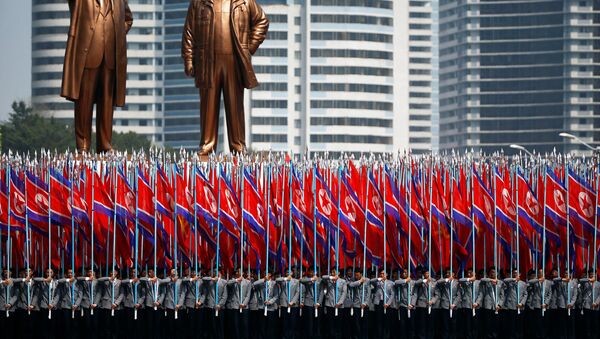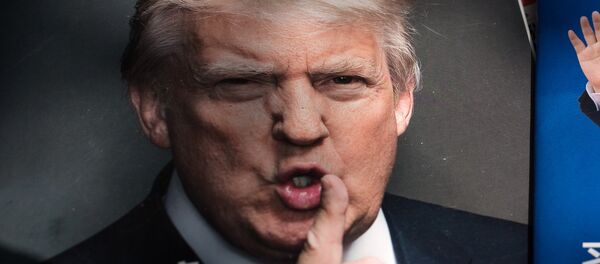MOSCOW (Sputnik) — Last week, the US Congress approved a bill introducing new sanctions on North Korea as well as Russia and Iran. The draft legislation is yet to be signed by US President Donald Trump.
"The people of the DPRK [Democratic People's Republic of Korea] have lived on and off under US sanctions and blockades for many years now … Washington likes to make out it's really about the recent missile tests but if you go back far enough you'll see they've always used sanctions against the DPRK as a form of economic aggression aimed at regime change," Hudson said.
In late June, the US Treasury said sanctions had been imposed on a Chinese shipping company, two Chinese nationals and a Chinese bank for their financial ties to Pyongyang, and its nuclear and missile programs.
In 2016, the administration of then-US President Barack Obama enacted a law that allows the US president to impose sanctions on entities linked to Pyongyang's arms trade or weapons of mass destruction programs, as well as on companies involved in North Korea's mineral or metal trade. South Korea, Japan, the European Union and the United Nations have also imposed restrictions on Pyongyang.
Over three million people lost their lives during the Korean War, of which the majority were Korean civilians. Most of North Korea's urban areas were left in ruins after the US Air Force dropped about 600,000 tons of conventional bombs and over 30,000 tons of napalm.



